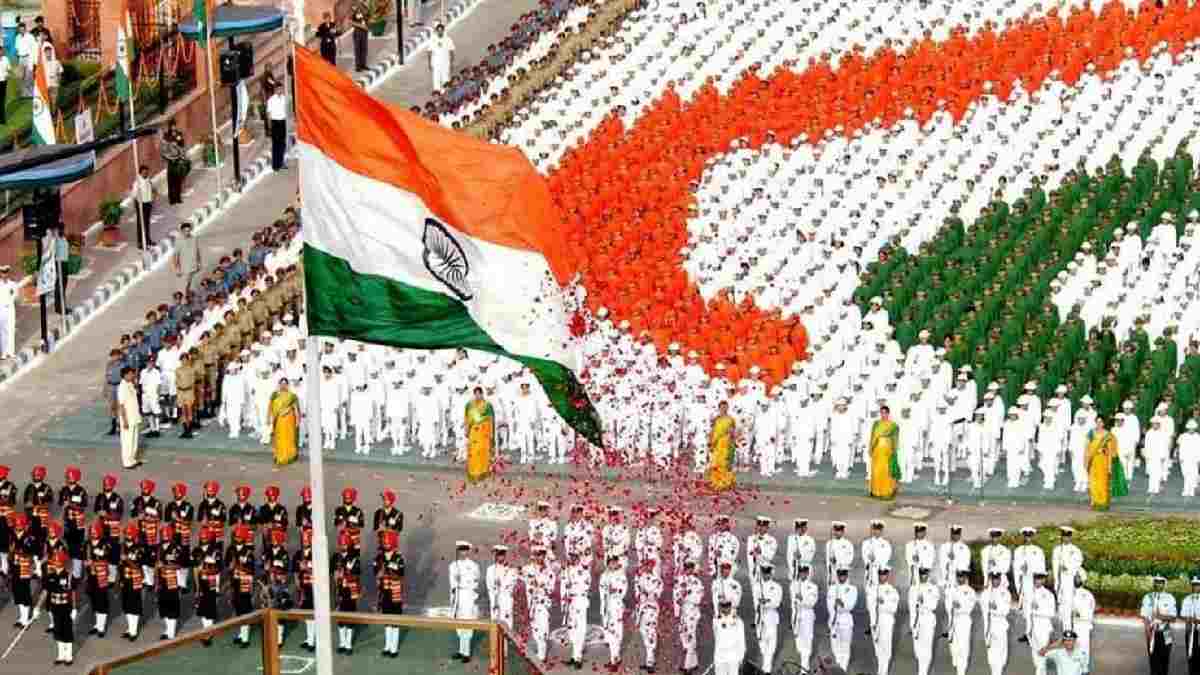India’s Independence Day, celebrated on August 15th each year, marks a significant chapter in the country’s history. It commemorates the day in 1947 when India broke free from nearly 200 years of British rule and became a sovereign nation. This day is not only a celebration of freedom but also a tribute to the countless sacrifices made by the freedom fighters who fought tirelessly to achieve independence.
A Glimpse into the Past
The struggle for India’s independence was long and arduous, filled with both violent and non-violent movements. The early 20th century saw the rise of influential leaders like Mahatma Gandhi, whose philosophy of non-violence and civil disobedience became the cornerstone of the independence movement. The Non-Cooperation Movement, Salt March, and Quit India Movement were some of the pivotal moments that galvanized the Indian population to fight for their rights.
On the midnight of August 14-15, 1947, as the world slept, India awoke to freedom. The first Prime Minister of independent India, Jawaharlal Nehru, delivered the iconic "Tryst with Destiny" speech, marking the birth of the nation.
How India Celebrates Independence Day
Independence Day is a national holiday in India, and the celebrations are a blend of patriotic fervor and cultural pride. The day begins with the hoisting of the national flag by the Prime Minister at the Red Fort in Delhi, followed by a parade showcasing India’s military strength and cultural diversity. The Prime Minister’s speech, broadcasted across the nation, reflects on India’s achievements and the road ahead.
Across the country, schools, colleges, and institutions celebrate the day with flag-hoisting ceremonies, cultural performances, and speeches. The streets are adorned with the tricolor, and the air is filled with patriotic songs, symbolizing the unity and diversity of the nation.
The Spirit of Independence
Independence Day is a time to reflect on the progress India has made since 1947. The nation has achieved significant milestones in various fields, from science and technology to arts and culture. However, the day also serves as a reminder of the ongoing challenges that the country faces, such as poverty, inequality, and corruption.
This day is not only about remembering the past but also about looking forward to the future. It’s a day for every Indian to pledge to work towards a more prosperous, inclusive, and just society.
Honoring the Freedom Fighters
Independence Day is a tribute to the countless men and women who sacrificed their lives for the country’s freedom. From Mahatma Gandhi’s peaceful protests to Bhagat Singh’s revolutionary acts, each freedom fighter played a vital role in shaping India’s destiny. Their sacrifices are remembered and honored on this day, inspiring future generations to carry forward the legacy of freedom and justice.
Conclusion
India’s Independence Day is a celebration of freedom, unity, and the spirit of a nation that has overcome tremendous odds. As we celebrate this day, let us remember the sacrifices of our ancestors and strive to build a nation that upholds the values of democracy, equality, and justice. Happy Independence Day to all!

Comments
Post a Comment